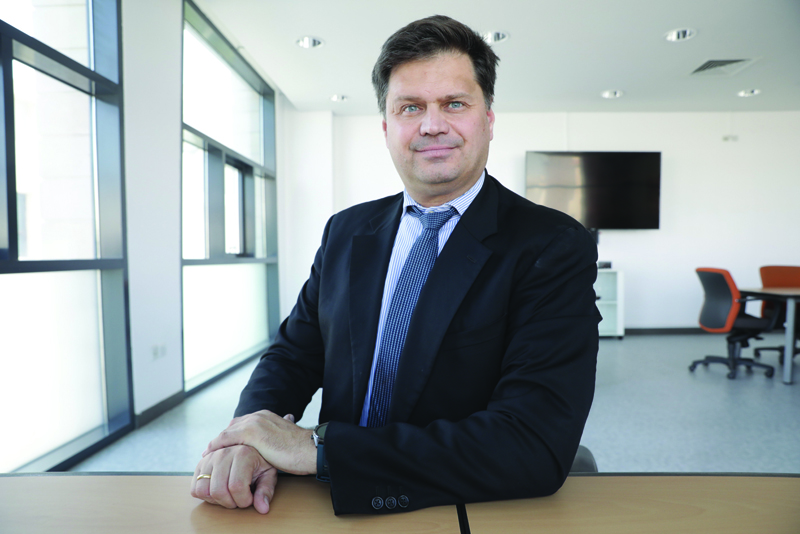KUWAIT: The Australian College of Kuwait (ACK) has signed a two-year collaboration agreement with the prestigious London School of Economics and Political Science (LSE). Representing ACK, the agreement signed by the President, Prof Isam Zabalawi, and on LSE behalf, David Coombe, Director of Research and Innovation. The agreement intends to create mixed-methods study of attitudes towards the use and purchase of electric vehicles in Kuwait.
Every year, the Middle East Center of London School of Economics awards funding towards innovative projects submitted from various educational and research institutions in the country. This year, the proposal submitted by Dr Andri Ottesen, Assistant Professor of Management at ACK, concerning 'Breaking the ICE reign: a mixed-methods study of attitudes towards using and purchasing EVs in Kuwait', was one of the two proposals that won the bid for funding.
The project will take place under the supervision and leadership of Dr Ottesen along with Dr Alasdair Jones, Associate Professor in Qualitative Research Methodology at LSE. Split into many operation phases, the project will include capturing the experience of existing electric vehicle owners in Kuwait and their perceptions of the future of electric vehicles in Kuwait, outlooks of electric vehicle sales from the perspectives of automobile dealers, also, capturing prior knowledge and attitude towards electric vehicles from general vehicle owners.
In addition, to host decision makers and authorities in the field of ground transport to understand precisely their vision of mass electric vehicle adoption and their objective towards a sustainable Kuwait for 2035. After the conclusion of the study, ACK is planning to host a conference inviting related stakeholders and researchers in the electric vehicle market in order to discuss the findings of the study along with the challenges facing the industry and implementation of technology in Kuwait.
Highlighting the importance of the research for the future of Kuwait, Dr Ottesen noted that the project can help build the expertise needed in order to help lower carbon dioxide emissions and benefit the environment in Kuwait and the world. He added: "We are trying to make a small step for a better world."
.jpg)

